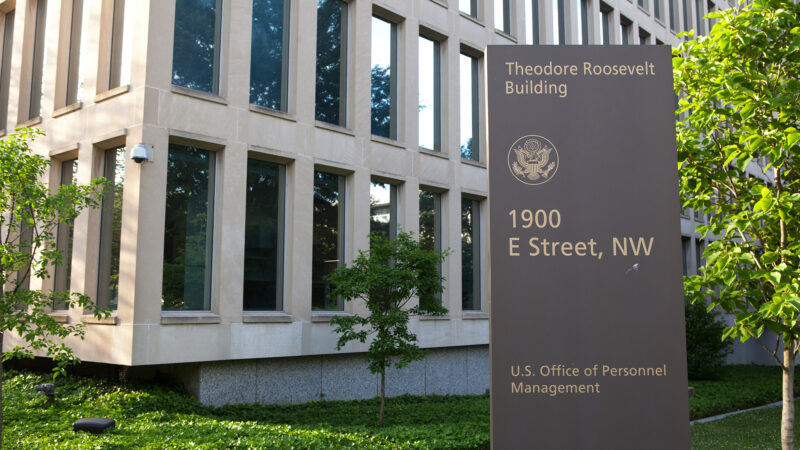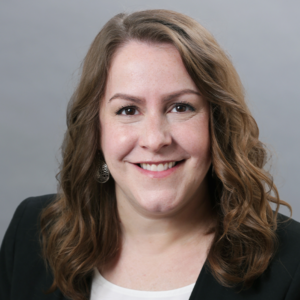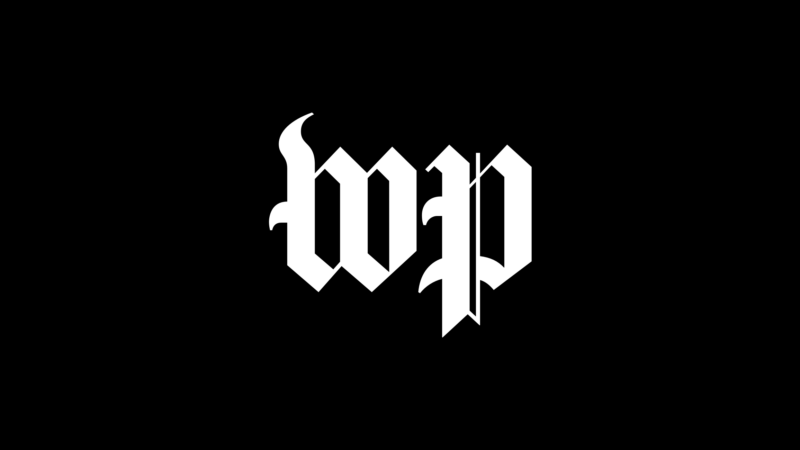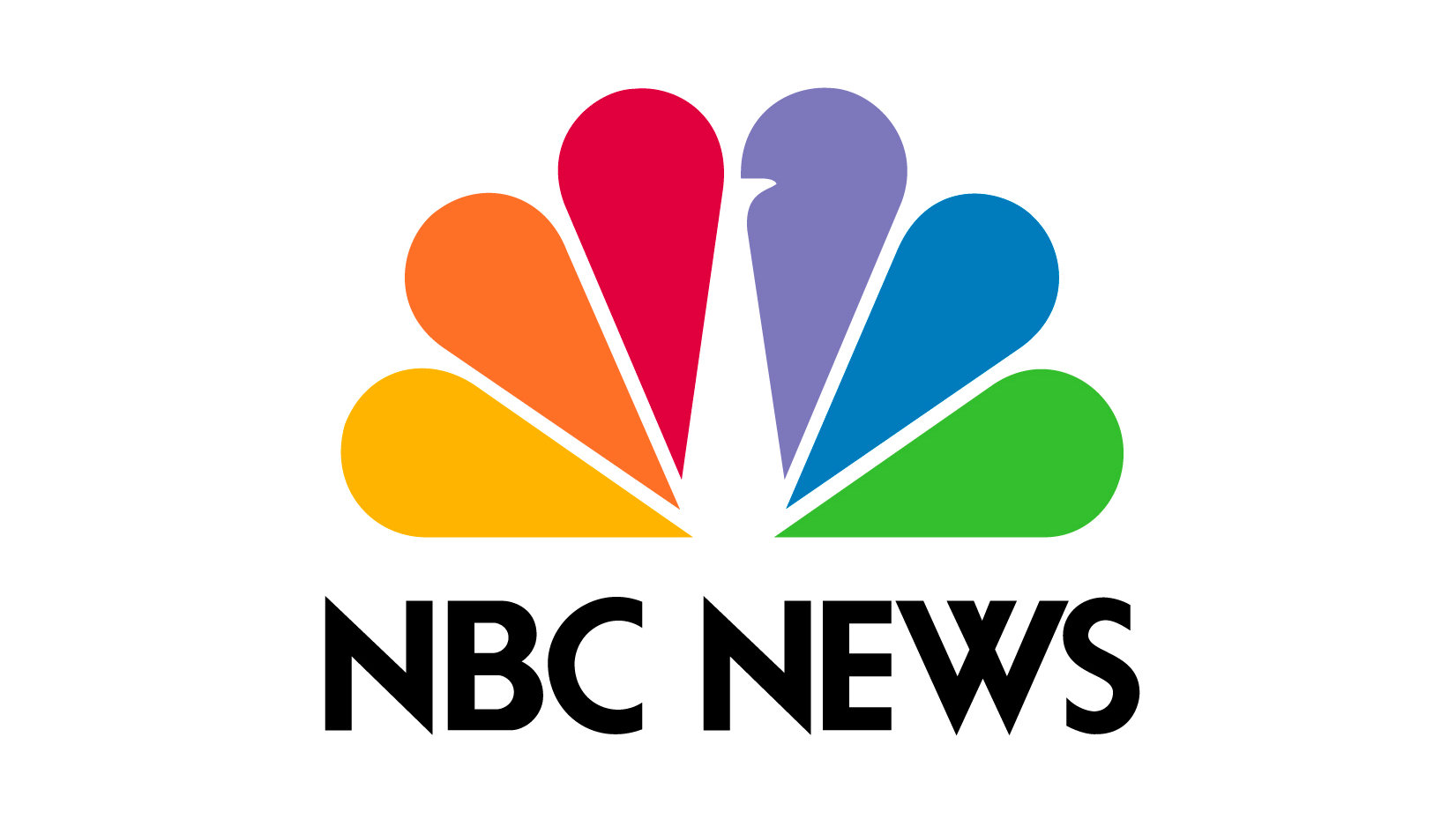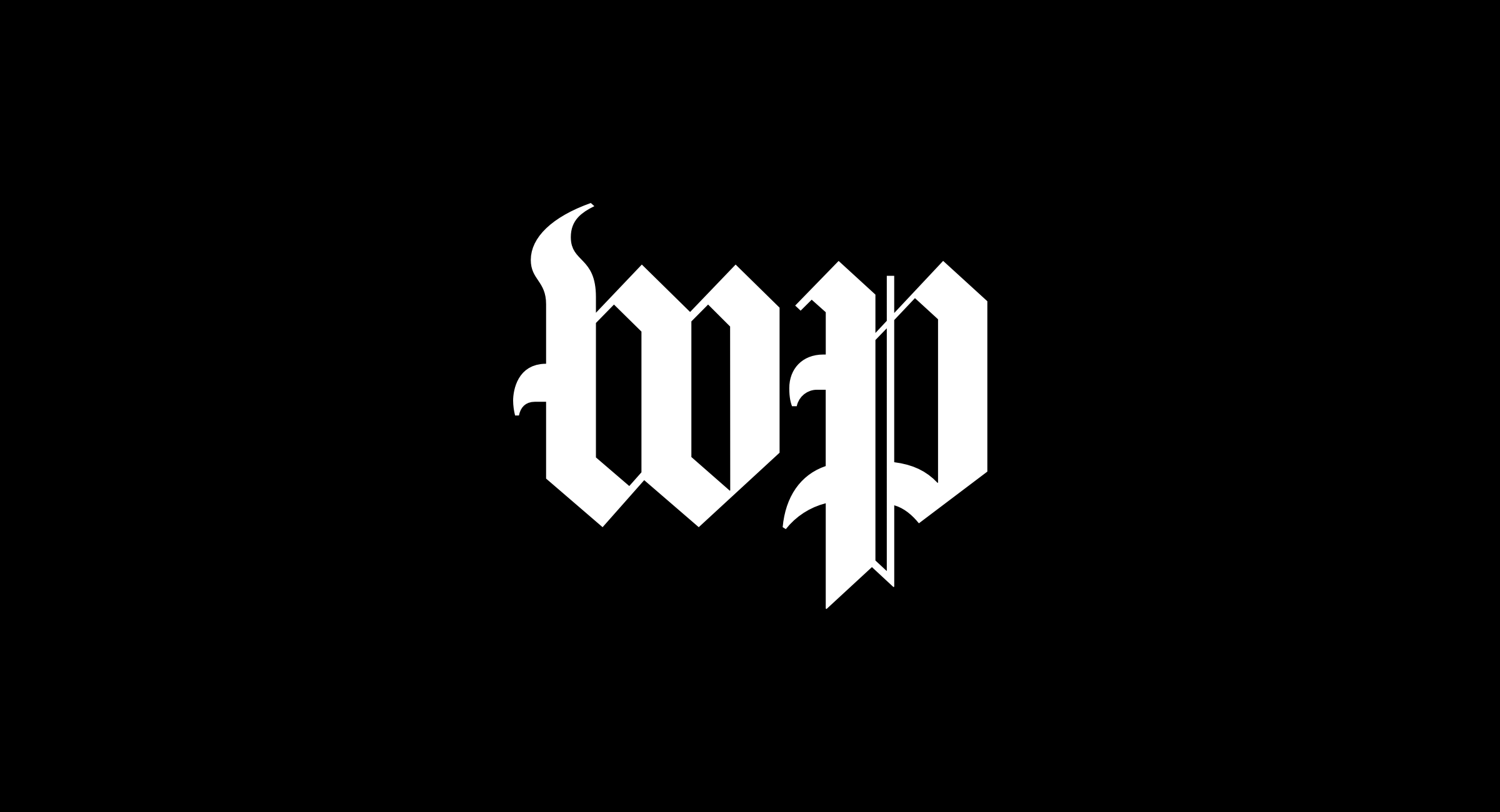Genevieve leads a team focused on defending civil society against a range of threats, protecting civic space and other democratic guardrails, and securing accountability for abuses of power through a combination of strategic litigation, policy advocacy, and communications. She is also an expert on the Electoral Count Act and presidential elections, and led policy development for the National Task Force on Election Crises during the 2020 election. In addition, Genevieve is a lecturer at Harvard Law School, where she co-teaches the Democracy and the Rule of Law clinic and related seminar. Genevieve previously served at the Massachusetts Attorney General’s Office, where she held several leadership roles, including Chief of the Civil Rights Division; at the U.S. Department of Homeland Security; and in private practice. She is a graduate of UMass Amherst and Stanford Law School.
